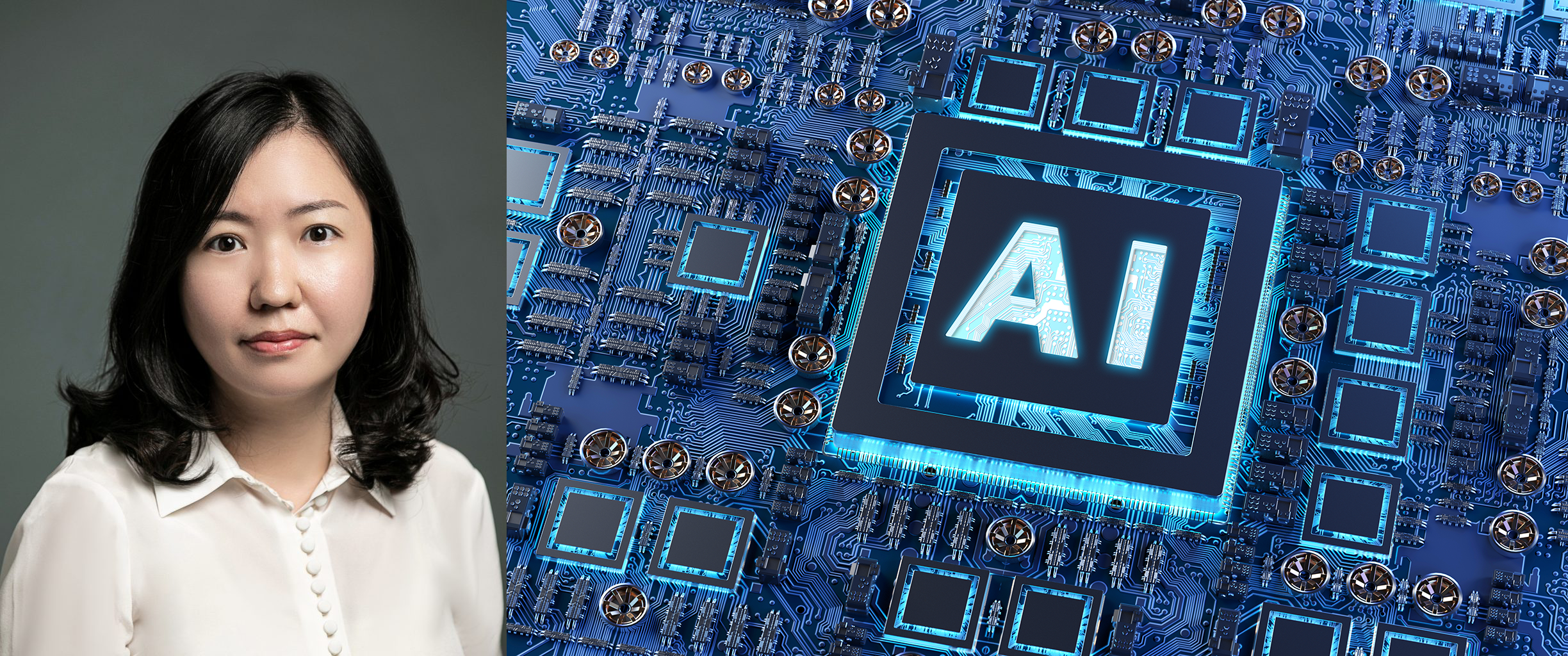
The National Science Foundation has awarded UMBC CSEE Professor Chenchen Liu a significant Faculty Early Career Development Program (CAREER) award that provides nearly $540,000 in funding over the next five years. This generous support aims to further the transformative work on AI systems, titled Rethinking PIM-Assisted GPU Computing for Multi-Tenant Artificial Intelligence.
As AI systems usher in a multi-tenant era with the simultaneous execution of multiple deep neural network (DNN) models, the computational landscape is becoming more intricate. This escalation presents new questions: How to architect a scalable computing framework for these concurrent DNN models? How can the system cater to the varying flexibility demands of multi-tenant DNN environments? And how can one efficiently construct and deploy the AI applications of tomorrow?
To tackle these problems, Professor Liu's project is segmented into three major research thrusts.
- Thrust 1 will delve into the potential of a groundbreaking processing-in-memory (PIM) assisted graphical processing unit (GPU) architecture with distinct multi-tenant support. This thrust will address important resource contention and model interaction challenges.
- Thrust 2 will explore how to harness GPU- and PIM-specific scheduling techniques to enhance the platform's performance.
- Thrust 3 will further refine the multi-tenant AI application process in which a single service supports multiple independent users, covering algorithm optimization and support for code deployment to independent users.
By the conclusion of this research, Professor Liu aims to herald a new era in AI computing, setting the stage for the future of AI applications. The techniques proposed could accelerate the design and implementation of AI, promoting its broader use. This would find application in vital sectors like autonomous driving, metaverse experiences, advanced agriculture, and industrial frameworks.
This grant is more than just about advancing technology. It represents a commitment to educating the next generation of technology leaders. It will support research students in Dr. Liu's Computing Compass Laboratory. By weaving research findings into course materials and championing the increased involvement of underrepresented groups in computing, the project has a vision for a more inclusive tech ecosystem.